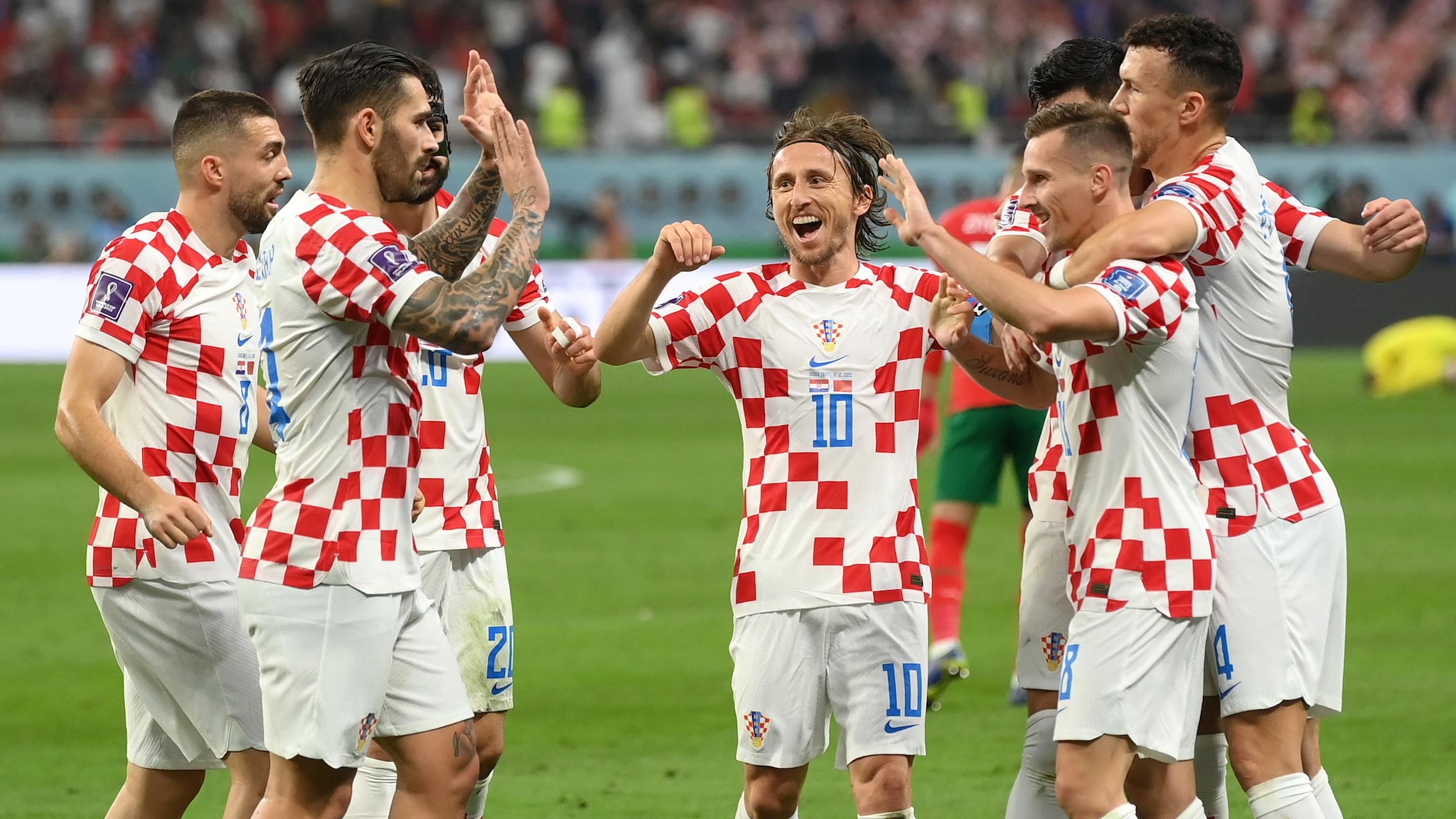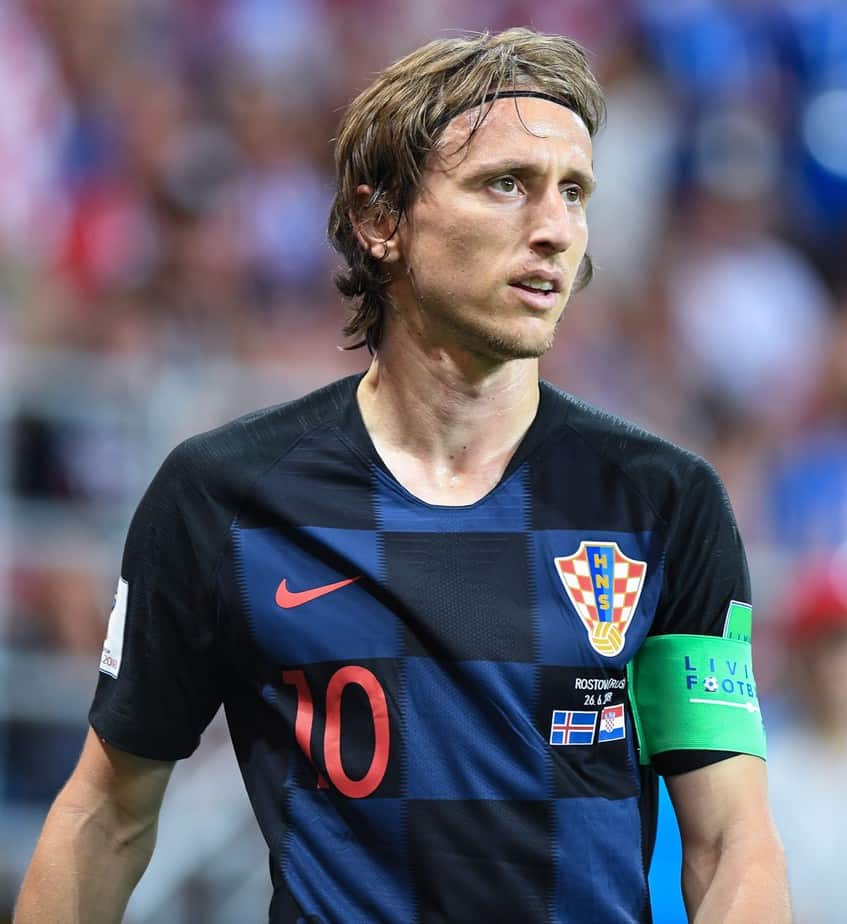“The Future of Football in Croatia
Related Articles The Future of Football in Croatia
The Future of Football in Croatia

Croatian football has experienced a remarkable journey, marked by periods of resurgence, heartbreak, and moments of pure brilliance. From the legendary generation of the late 1990s to the modern-day heroes who reached the World Cup final in 2018 and secured a bronze medal in 2022, Croatia has consistently punched above its weight on the international stage. However, the future of Croatian football hinges on a complex interplay of factors, including youth development, infrastructure, financial stability, and strategic leadership. This article delves into the key aspects that will shape the trajectory of Croatian football in the years to come.
Youth Development: Nurturing the Next Generation
The bedrock of any successful footballing nation lies in its ability to cultivate young talent. Croatia has a rich history of producing world-class players, but maintaining this pipeline requires a concerted effort to improve youth development programs.
- Investing in Academies: Croatian clubs need to invest more heavily in their youth academies, providing state-of-the-art facilities, qualified coaches, and comprehensive training programs. These academies should focus on developing not only technical skills but also tactical awareness, physical conditioning, and mental fortitude.
- Early Identification and Scouting: Effective scouting networks are crucial for identifying promising young players at an early age. Clubs should establish scouting programs that reach into every corner of the country, ensuring that no potential talent goes unnoticed.
- Curriculum and Methodology: The Croatian Football Federation (HNS) should develop a standardized curriculum for youth academies, emphasizing a possession-based, attacking style of play. This curriculum should be aligned with the national team’s philosophy, ensuring a seamless transition for young players as they progress through the ranks.
- Competitive Opportunities: Young players need ample opportunities to test their skills in competitive environments. The HNS should organize youth leagues and tournaments that provide a platform for young players to showcase their talent and gain valuable experience.
- Education and Welfare: It is essential to prioritize the education and welfare of young players. Clubs should provide academic support and guidance, ensuring that young players have a solid foundation to fall back on in case their football careers do not pan out.
Infrastructure: Building a Solid Foundation
Adequate infrastructure is essential for the growth and development of football. Croatia’s football infrastructure has lagged behind other European nations, but there are signs of progress.
- Stadium Development: Many Croatian stadiums are outdated and in need of renovation or replacement. The HNS and the government should work together to develop modern, multi-purpose stadiums that meet international standards. These stadiums should not only host football matches but also serve as community hubs, generating revenue and promoting the sport.
- Training Facilities: In addition to stadiums, clubs need to invest in state-of-the-art training facilities. These facilities should include multiple training pitches, gyms, medical facilities, and accommodation for players.
- Grassroots Facilities: Investment in grassroots facilities is equally important. The HNS should work with local authorities to develop and maintain football pitches and facilities in communities across the country, providing access to the sport for all.
- Technological Advancement: Embracing technology can enhance the quality of training and performance analysis. Clubs should invest in GPS tracking systems, video analysis software, and other technologies that can help players and coaches gain a competitive edge.
- Accessibility and Inclusivity: Football infrastructure should be accessible to all, regardless of age, gender, or ability. The HNS should promote inclusivity by developing programs and facilities that cater to diverse groups.

Financial Stability: Ensuring Long-Term Sustainability
Financial stability is crucial for the long-term sustainability of Croatian football. Many Croatian clubs struggle with debt and financial mismanagement, which can hinder their ability to invest in youth development and infrastructure.
- Revenue Generation: Clubs need to diversify their revenue streams to reduce their reliance on transfer fees and television rights. This can be achieved through increased ticket sales, merchandise sales, sponsorships, and commercial partnerships.
- Financial Fair Play: The HNS should implement strict financial fair play regulations to prevent clubs from spending beyond their means. These regulations should include limits on debt, wage caps, and transfer restrictions.
- Transparency and Accountability: Financial transparency and accountability are essential for building trust and confidence in Croatian football. Clubs should be required to publish their financial statements and adhere to strict auditing standards.
- Attracting Investment: Attracting foreign investment can provide a much-needed boost to Croatian football. The HNS should create a favorable investment climate by promoting the sport’s potential and ensuring a stable regulatory environment.
- Government Support: Government support can play a vital role in the development of Croatian football. The government should provide financial assistance for infrastructure projects, youth development programs, and other initiatives that promote the sport.
Strategic Leadership: Guiding the Way Forward
Strategic leadership is essential for guiding Croatian football in the right direction. The HNS needs to adopt a long-term vision and implement policies that promote sustainable growth and development.
- Vision and Planning: The HNS should develop a comprehensive strategic plan that outlines its goals and objectives for the future of Croatian football. This plan should be based on a thorough analysis of the sport’s strengths, weaknesses, opportunities, and threats.
- Good Governance: Good governance is essential for ensuring that the HNS operates in a transparent, accountable, and ethical manner. The HNS should implement a code of ethics for its officials and employees, and establish mechanisms for resolving disputes and conflicts of interest.
- Collaboration and Partnerships: The HNS should foster collaboration and partnerships with other stakeholders in Croatian football, including clubs, players, coaches, sponsors, and the media. This will help to create a more cohesive and supportive environment for the sport.
- Innovation and Adaptation: The HNS should embrace innovation and adapt to the changing landscape of football. This includes adopting new technologies, experimenting with new formats and rules, and promoting diversity and inclusion.
- National Team Development: The HNS should prioritize the development of the national team, providing the coach with the resources and support needed to succeed. This includes investing in scouting, training, and player development.
Challenges and Opportunities
Croatian football faces several challenges, including:
- Brain Drain: Many of Croatia’s most talented young players are lured away by wealthier clubs in other European countries. This can weaken Croatian clubs and make it difficult to compete at the highest level.
- Corruption and Match-Fixing: Corruption and match-fixing have been a problem in Croatian football in the past. The HNS needs to take a strong stance against these activities and implement measures to prevent them.
- Fan Violence and Hooliganism: Fan violence and hooliganism can tarnish the image of Croatian football and deter sponsors and investors. The HNS needs to work with clubs, law enforcement, and fan groups to address these issues.
- Aging Population: Croatia’s aging population poses a challenge for the future of football. The HNS needs to find ways to attract more young people to the sport and ensure that there is a steady supply of talent.
Despite these challenges, Croatian football also has several opportunities:
- Strong Footballing Culture: Croatia has a strong footballing culture and a passionate fan base. This provides a solid foundation for the sport’s future growth and development.
- Talented Players: Croatia continues to produce talented players who are capable of competing at the highest level. This gives the country a competitive advantage on the international stage.
- Growing Economy: Croatia’s growing economy provides opportunities for increased investment in football. This can help to improve infrastructure, youth development, and financial stability.
- Tourism Potential: Football can be a major draw for tourists, generating revenue and promoting the country’s image. The HNS should work with the tourism industry to promote football tourism.
- European Union Membership: Croatia’s membership in the European Union provides access to funding and resources that can support the development of football.
Conclusion
The future of Croatian football is bright, but it requires a concerted effort to address the challenges and capitalize on the opportunities. By investing in youth development, improving infrastructure, ensuring financial stability, and adopting strategic leadership, Croatia can maintain its position as a force to be reckoned with on the international stage. The passion, talent, and determination that have characterized Croatian football in the past will continue to drive the sport forward in the years to come. With the right vision and leadership, Croatian football can achieve even greater heights of success.

